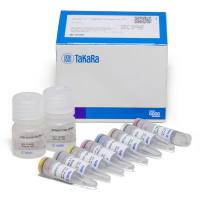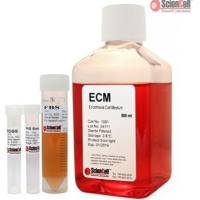Screening for Mutations in Cartilage ECM Genes
互联网
540
Genetic disorders of cartilage (chondrodysplasias) are a clinically and genetically heterogeneous group of diseases ranging in severity from relatively mild to severe and lethal forms (1 -2 ). There are over 100 unique well-characterized chondrodysplasia phenotypes and remarkable progress has been made in the last few years identifying the underlying genetic basis of many of these disorders (3 ). In most cases, a molecular genetics approach was employed involving a combination of genetic linkage mapping, positional (candidate) cloning and DNA sequence analysis (4 -9 ). By its nature this approach requires extensive mutation screening in any potential candidate gene, first to determine if it is the disease gene and then subsequently to identify a range of disease causing mutations. In chondrodysplasia phenotypes this approach has been hampered by a difficulty in obtaining appropriate pathological tissue, such as cartilage, for the isolation of mRNA. This problem is compounded by the complex genomic structure of many genes that encode cartilage structural ECM molecules. For most cartilage diseases, a combination of these difficulties has necessitated screening for mutations in a large numbers of exons using a variety of techniques such as single-stranded conformational polymorphism (SSCP) (10 ), conformational sensitive gel electrophoresis (CSGE) (11 ), heteroduplex (12 ) and chemical cleavage mismatch (CCM) analysis (13 ).









